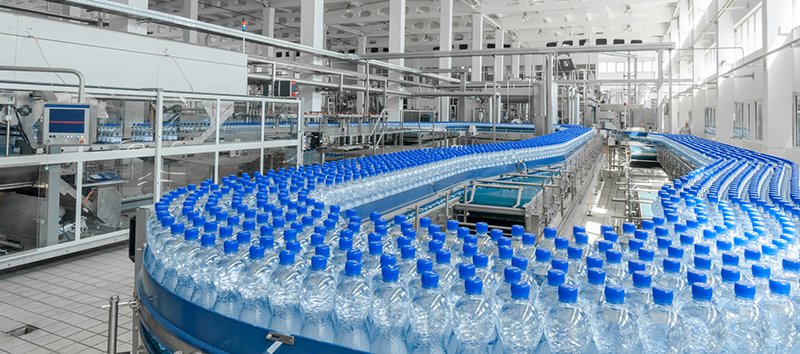The last decade has seen a large shift in attitudes towards sustainability, and this has impacted purchasing habits. Reducing plastic usage is a key concern for many consumers, and lots of companies are already making moves to cut plastic packaging wherever possible. What if your business makes plastic products?
Businesses that manufacture plastics are in a difficult position. Unless you can make adjustments to your manufacturing operation, you will start losing customers that prioritize sustainability. The good news is, that there is a middle ground, and you can still produce plastic products while also limiting your impact on the environment. These are some of the key changes you should make.
Change Manufacturing Processes
If the plastic products you produce are not recyclable, they end up in landfill where they create a serious environmental issue. This will be a big issue for customers too. The manufacturing processes used have an impact on how easy it is to recycle plastics. You should consider making some changes, so your products are simple to repurpose. Fixing components together using plastic welding rods, for example, makes them much easier to recycle than products that are fixed using adhesives. You should perform an assessment of every step of the manufacturing process and adjust things wherever possible.
Biodegradable Plastics
Recycling is an important way to reduce plastic waste in landfills, but you can also use biodegradable plastics too. The technology in biodegradable plastics has come on a long way in the last few years, and they can be used for a variety of different products. Plastics made from plant matter will quickly break down into harmless components instead of sitting in landfill for years to come. If you can start using these instead of traditional plastics, you can drastically reduce your environmental impact.
The manufacturing process for bio-plastics is different from normal plastics, so you will need to make some changes to equipment, etc. Although this is an investment, manufacturing bio-plastics gives you an opportunity to show your commitment to sustainability. Ultimately, this will help you attract more socially conscious customers.
Eco-Friendly Feedstock
The feedstock (the raw materials) used for plastics are usually petroleum-based. These raw materials create a huge amount of carbon emissions, but there are eco-friendly alternatives available. Starch and other natural fibers can be swapped out for the petroleum-based feedstock, which drastically reduces the environmental impact of manufacturing the plastics. Although the end result is not completely biodegradable, it is a lot more eco-friendly, and you don’t have to make as many changes to your manufacturing process.
Alternative Materials
If you can find alternative materials to use instead of plastic, you can solve the problem altogether. Sometimes, this is not possible, and the nature of the product means that it must be made from plastics. This is especially true with molded products. However, if you can use more eco-friendly materials like wood or metal instead, you won’t contribute to plastic waste in landfills.
With many consumers turning away from plastic, any businesses that use plastic for their products are in a difficult position. If you are to survive, it is vital that you implement these changes to make your plastic manufacturing more sustainable.

